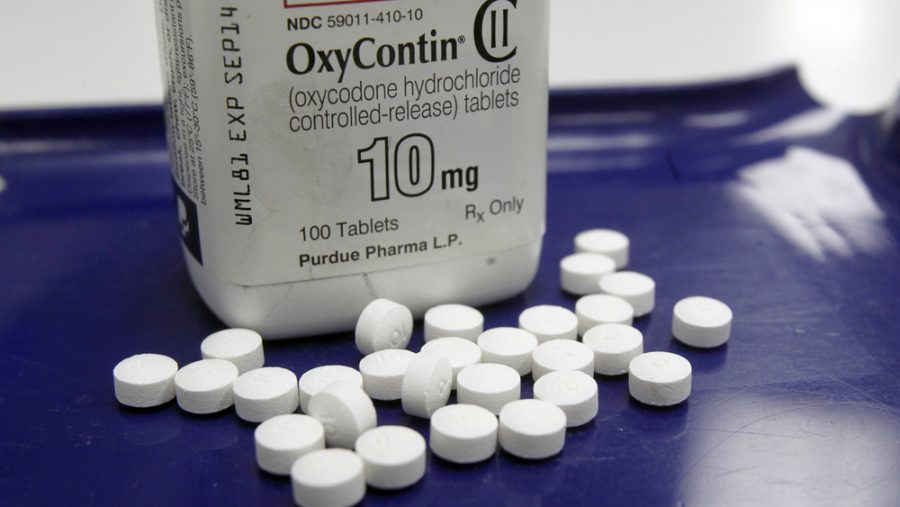More evidence shows CBD could address opioid abuse
University of Mississippi researchers found more evidence where cannabidiol, or CBD, could be a powerful tool in addressing the problem of opioid abuse and addiction.
The study included the use of morphine and conditioned place preference testing to measure the motivational effects of objects or experiences. Mice received injections of either saline (salt water) or morphine, paired with doses of CBD in a distinct environment. CBD is the non-psychoactive compound of cannabis which can be extracted and used for medicinal purposes.
After conditioning, the morphine mice displayed stronger reduced place preference, which suggested CBD blocked their opioid reward.
As it was shown to block mental reward mechanisms, it could be utilized as a rehabilitation to present opioid addicts or be combined with opioid medications to prevent abuse and addiction.
The U.S. National Institutes of Health (NIH) recently awarded a $3.8 million grant to support the first long-term study examining whether medical cannabis could reduce opioid use among adults with chronic pain. The study will be carried out by researchers at Albert Einstein College of Medicine and Montefiore Health System and will occur over five years.










